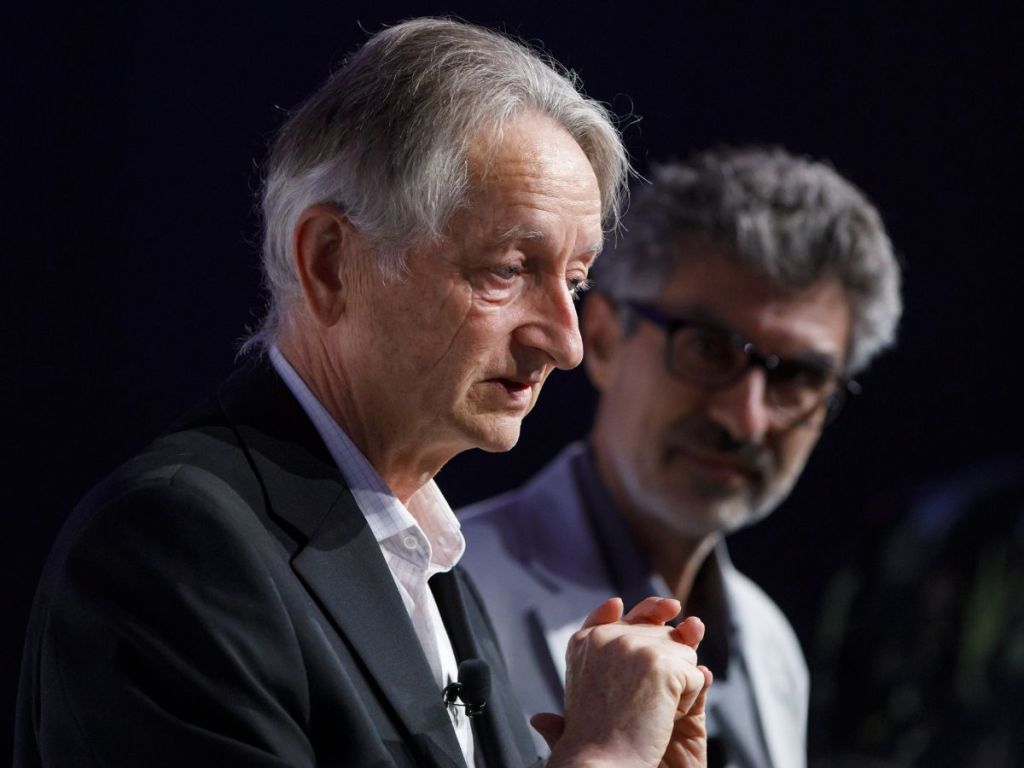Dr. Geoffrey Hinton, often referred to as “The Godfather of AI”, has resigned from his role at Google after over a decade at the company, according to The New York Times.
At the same time of his resignation, he has also voiced his concern about the state of artificial intelligence (AI) development, amid a race for dominance in the field among Big Tech firms as spurred by ChatGPT.
Who Is Dr. Geoffrey Hinton?
Dr. Geoffrey Hinton, born 1947 in London, is a cognitive psychologist and renowned academic in the field of AI.
Dr. Hinton received his bachelor’s degree in experimental psychology from the University of Cambridge in 1970. He then received a PhD in artificial intelligence from the University of Edinburgh in 1978.
The New York Times reports that during Dr. Hinton’s time at Edinburgh, he embraced the concept of neural networks. A neural network is a machine learning process inspired by the human brain where systems pick up skills by analysing thousands of data points.
He joined Google in 2013 as a half-time staff member, working from Mountain View and Toronto. In 2018, Dr. Hinton received the Turing Award – the Nobel Prize equivalent in computing – for his contributions to AI.
Dr. Hinton’s notable students include Yann LeCun, who is currently Chief AI Scientist at Meta.
“It’s scary”
In an interview with The New York Times, Dr. Hinton confesses that part of him now regrets his life’s work. He tells the publication that he is leaving Google so that he is able to freely speak up about his concern over AI’s harms.
Dr. Hinton tells The New York Times that until 2022, Google had been a “proper steward” for AI. However, with Microsoft’s Bing posing as a potential threat, Google released Bard in March 2023, but staff criticised that its launch was “rushed.”
His primary concern, according to the interview, is that the internet will be flooded with falsehoods due to AI-generated text, images, and video. The average internet user “will not be able to know what is true anymore.” With AI deepfake services now being offered for as low as US$145, expect online misinformation to be even more widespread than ever before. Could Dr. Hinton’s worries be totally valid?
In addition, Dr. Hinton also worries that as AI becomes more intelligent, it may end up making many roles redundant.
“The idea that this stuff could actually get smarter than people — a few people believed that,” Dr. Hinton tells The New York Times. “But most people thought it was way off. And I thought it was way off. I thought it was 30 to 50 years or even longer away. Obviously, I no longer think that,” he adds.
Dr. Hinton reportedly spoke to Alphabet CEO Sundar Pichai on the phone before his departure. He declined to provide details of their conversation.





